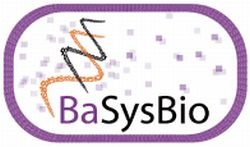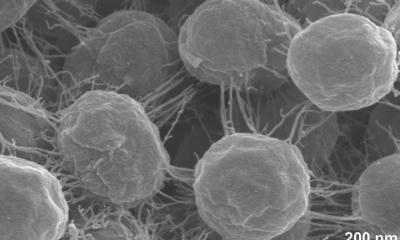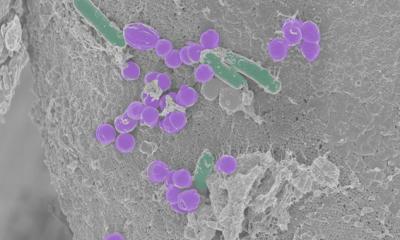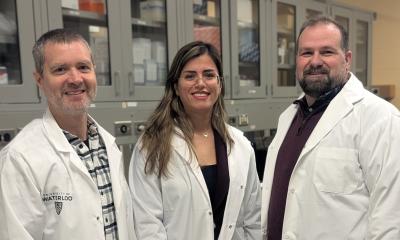Big focus on a tiny organism
The first of its kind in Europe, the €12 million BaSysBio (Bacillus Systems Biology) project, initiated in December, is headquartered in France, but involves 15 top European research organisations, as well as an Australian university.

The aim of the project, is ‘to understand how bacteria react to stresses and then to transfer this knowledge to pathogens’, explained Professor Uwe Sauer, of the Molecular Systems Biology department of the Swiss Federal Institute of Technology Zurich (ETH Zurich). Prof. Sauer is heading the technological areas of the project. Professor Jörg Stelling, ETH Zurich Computational Science, who heads the computational areas of the project, said the project enables ETH Zurich to integrate its expertise in both those fields into the rest of European knowledge in these two areas.’
The project is using the model bacterium Bacillus subtilis to research the overall structure of the regulatory networks that control bacterial metabolism. To do this, the research groups will adapt high-throughput technologies to gain quantitative measurements. Alterations with mathematical models will make it possible to interpret the experimental data obtained.
New Biomarkers
Developed methods are to be applied to two bacteria: Bacillus anthracis, responsible for anthrax, and Staphylococcus aureus, which causes nosocomial infections.
BaSysBio will contribute to the development of new biomarkers, enabling advanced tests for the detection of virulent bacteria and insight into the increasing phenomena of bacteria resistant antibiotics. Bacillus subtilis bacteria have considerable economic potential as producers of enzymes and metabolites that are already used by a wide range of industries (pharmaceutical, chemical, agricultural).
Contacts: Dr. Philippe Noirot, Project Coordinator, Microbial Genetics, INRA Centre of Jouy-en-Josas, France. philippe.noirot@jouy.inra.fr
joerg.stelling@inf.ethz.ch
sauer@imsb.ethz.ch
26.06.2007





